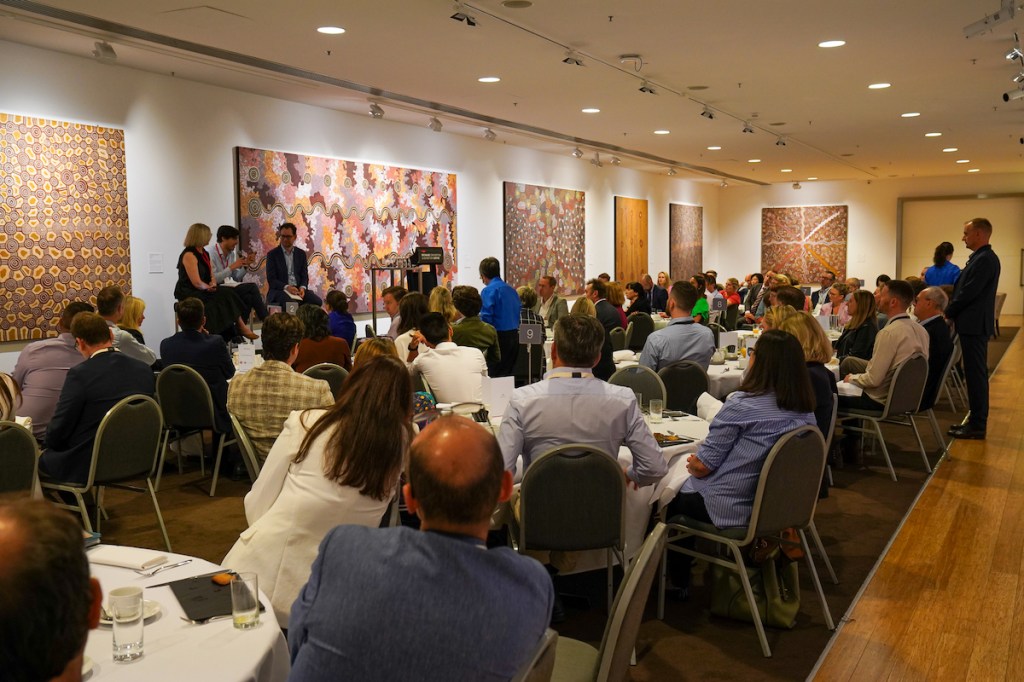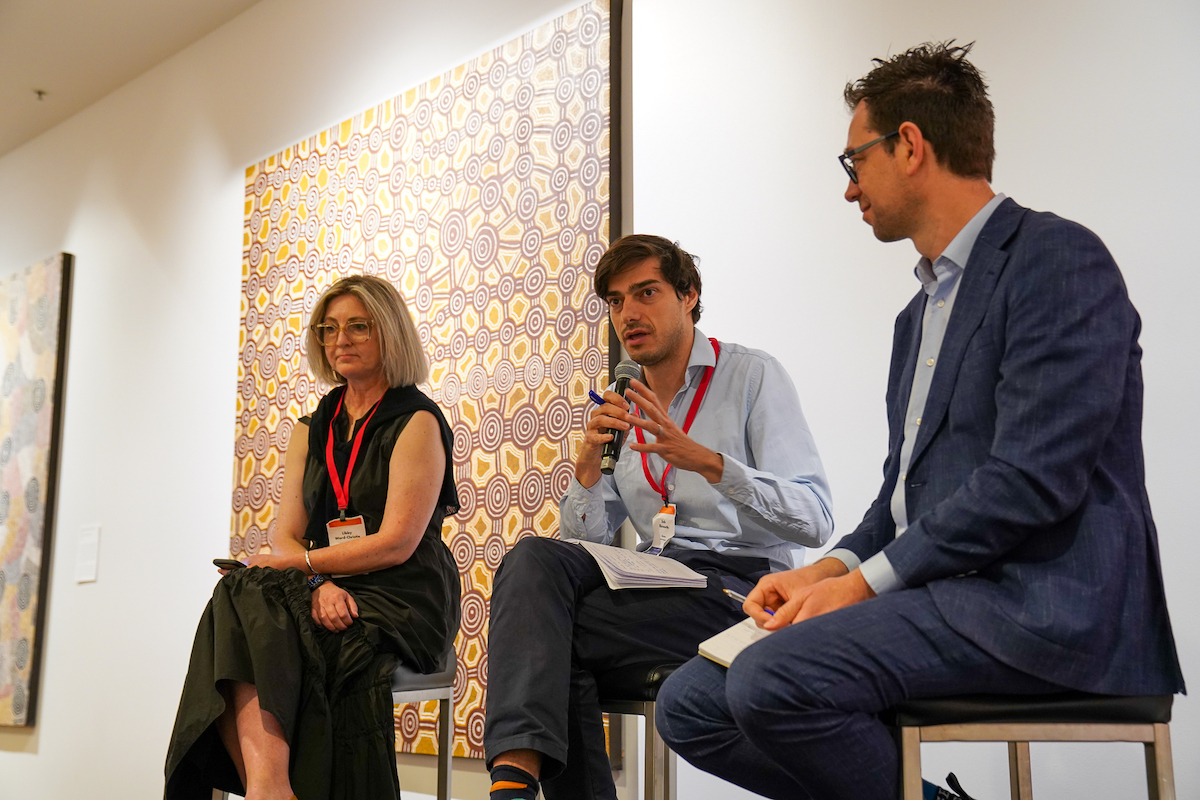Social enterprises deliver incredible impact – to individuals, communities and the economy. The ‘Business for Good’ Report released today by Social Enterprise Australia reinforces this. The latest data shows the social enterprise sector creates almost the same number of jobs as the mining sector in Australia – but with one stark contrast, we exist primarily to help people and the planet.
Yet when it comes to accessing finance to help grow these businesses, it is tough. If we go to the private market, we can’t make the return hurdles due to our impact costs, and if we go to the institutional market we get told to come back in a year or two when we have a “little bit more” trade history and “a few more solid assets”. Relying on grants for growth shouldn’t be the only way you can grow an impact-focused business, should it?
This is something I’ve been wrangling with since 2016, when I was setting up Vanguard Laundry – a jobs-focused social enterprise in Toowoomba that employs people with a lived experience of mental illness. In the end we needed 72 funding partners to get it up and running. As part of the legacy of the Social Enterprise World Forum, our team at White Box Enterprises was determined to start the conversation around how we solve this problem, and in turn highlight the role local impact investors could play to better support social enterprise and their capital needs.
We reached out to Seb Elsworth, founding CEO of Access – The Foundation for Social Investment in the UK, who offered to come out and join us on that mission for 10 days. If you’re not familiar with Access, it’s a £100M+ foundation funded by the UK Government and impact investors, that provides grants to intermediaries who then provide loans and support to charities and social enterprises.
With the support of Philanthropy Australia, Westpac Foundation and MinterEllison, we were able to bring together philanthropists, impact investors, corporate foundations and leading social enterprise leaders to discuss where the shortfalls are in financial support for social enterprise in Australia, and more importantly where the opportunities lie.
There were three key takeaways from these discussions with Seb:
- There is a gap between the capital requirements of social enterprises and the requirements of social investors. Social enterprises are looking for small, low-cost loans, while investors prefer large-sum investments with high returns. Without intervention it remains insurmountable for most and presents an enormous, missed opportunity.
- In the UK the solution required philanthropy, government, and social enterprise to come together to create Access – a foundation that strategically allocates grants in partnership with impact investment capital. Under this model investors and social enterprises both get what they need and hundreds of millions of pounds in impact investment flows into the social enterprise sector.
- Australia needs vehicles like Access to support the development of blended capital (grant and loans) to unlock impact investment for the social enterprise sector.

As the Social Impact Investing Taskforce gets closer to seeing the light of day, there appears to be a shift towards a model like the United Kingdom’s, with the potential of our own version of Access. There will be great benefit in this, for both investors and social enterprise. It not only bridges the gap between the two, it supports the development of a social finance ecosystem. And in doing so, takes the pressure off philanthropy and government as the principal source of investment support for social enterprise.
While there are constraints, we need to work together to overcome these to enable progress. Access to affordable and appropriate finance has been one of the main barriers holding social enterprise back. The UK’s appropriately named ‘Access’ provides a successful model for redesigning a finance system for social enterprise, now we need to work closely with the sector to ensure the Australian equivalent is one that works for all those involved.
If there is one, clear takeaway from today’s Business for Good report, it’s the untapped potential of social enterprise in Australia. We are already creating significant impact with limited support and resources. Imagine what will be possible when social enterprise can access the same growth levers as other small business in Australia.
Luke Terry is CEO of White Box Enterprises

